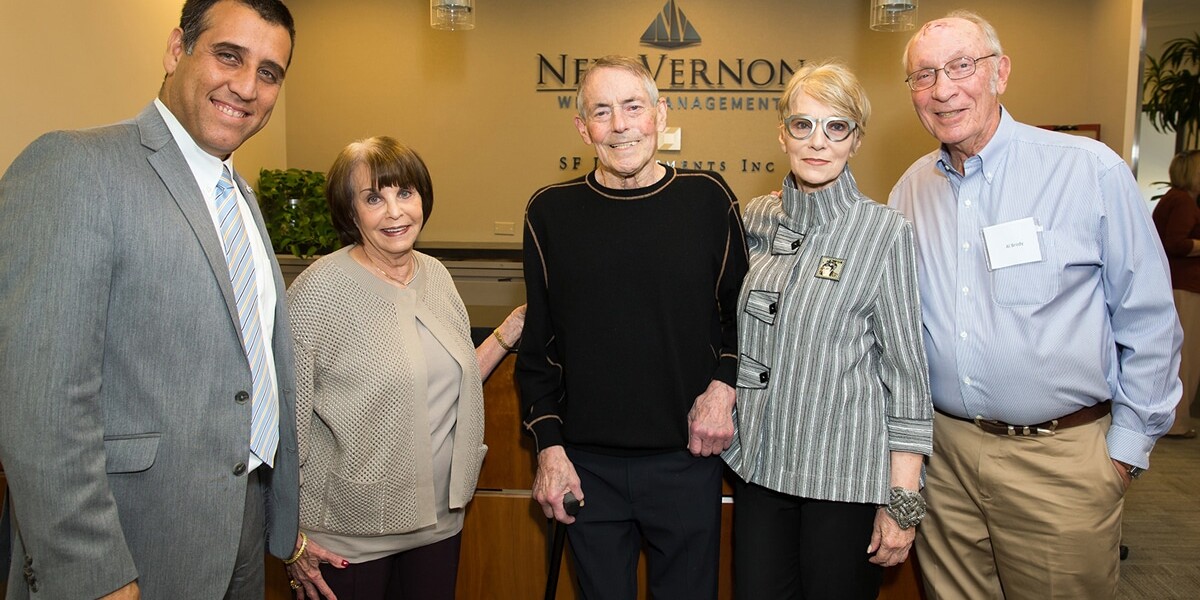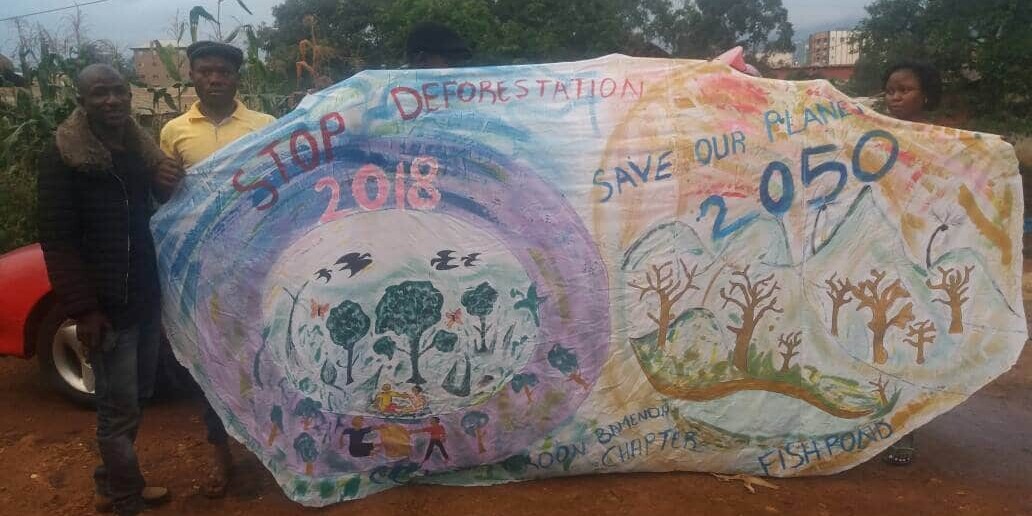On February 5, members of the inaugural class of GATHER Fellows who graduated from the course last November met for the first session of a series of virtual trainings about topics they would like to learn about as alumni. There has been overwhelming interest in learning more about several topics, with fundraising standing out as a priority.
The call lasted two hours, in part because the GATHER fellows, dispersed around the world, were truly excited to reconvene and share updates on their work. It was clear how much the GATHER course influenced their lives. Two people have left their jobs since graduation to focus full time on community initiatives, inspired by their work in the GATHER course. Another fellow, Cynthia Austin from San Diego, shared that the community visioning summit she hosted as part of the course led to a new framing of the voices that are part of the discourse on sex trafficking in her circles and that no less than five new organizations are starting up, under Cynthia’s stewardship, led by women survivors. Daniel Tillas from Port au Prince, Haiti, spoke about the Wealth of Waste, a program he began to employ members of his community to collect garbage with support from an Indiegogo campaign he launched as one of the final phases of GATHER last fall. He said the only downside is now he’s known as “the Trash Man.”
After all the fellows shared their updates, we moved into the fundraising training, led by Goldin Institute Senior Advisor Jimmie Briggs. Jimmie started the session by defining the differences between fundraising and development. Development is building the capacity of an organization and engaging in activities to build support that are not directly fundraising, whereas fundraising is asking for or applying for funding or in-kind services.
Fellows chimed in on the importance of development for fundraising and some spoke about their strategic plans, including fundraising.
Next Jimmie moved into a presentation of budgeting techniques. Fellows discussed how developing a budget is really the first step in fundraising, so that you know what you need and what you are asking for financially when asking for support.
In discussing “the Case for Support,” Dieudonne Allo from South Africa made the prudent comment that “Donors look at thousands of applications. You need to say why they should fund your proposal by expressing the importance and urgency of the problem you are trying to address.” He sagely added, “You can have a great project or program but without a good case for support, it won’t be funded.” Other fellows agreed.
The workshop covered different sources of funding available to grassroots social entrepreneurs as well as the importance of diversified funding. We discussed the pros and cons of: Independent Foundations, Companies and Corporations, Individual Donors, Local/Grassroots Resources (i.e. Rotary Clubs), Crowdsourced Funding, and Government Aid Agencies and Embassies. Daniel Tillas, who exceeded his fundraising goal for the Wealth of Waste Indiegogo campaign, shared with the group the creative and strategic efforts that led to his success. He discussed his campaign with influential leaders including teachers and other school officials, as well as people he knew who had visited Haiti, and asked them to share the campaign. This led to many donations beyond Daniel’s immediate network. He also talked about getting a base of support before taking the campaign public.
“People like to give to things that already have support,” Daniel said.
He also spoke about the importance of updating your audience and using the momentum inherent in a campaign to promote donations – i.e. we have raised X of our goal and only have Y more to raise, or there are only x days left to contribute to this important project.
We spent some time talking about cultivation of donors and especially how to thank them for their contributions. Geoffrey Omony of YOLRED shared a video he made for one individual supporter which inspired other fellows to do the same.
At the end of the call, there were some noteworthy questions and exchanges. Dieudonne commented on how hard it really is for organizations without a track record of support to raise money and asked how to deal with that challenge. We all acknowledged this issue for this particular group of fellows. Then, Cynthia, who has started several grassroots initiatives, offered to lead a follow-up session on how to deal with such problems by strategies like building an advisory board that can lead to credibility and funding, among other ideas. Goldin Institute staff agreed to build a toolkit including Cynthia’s ideas for this and future classes of fellows to use to support their fundraising efforts.



